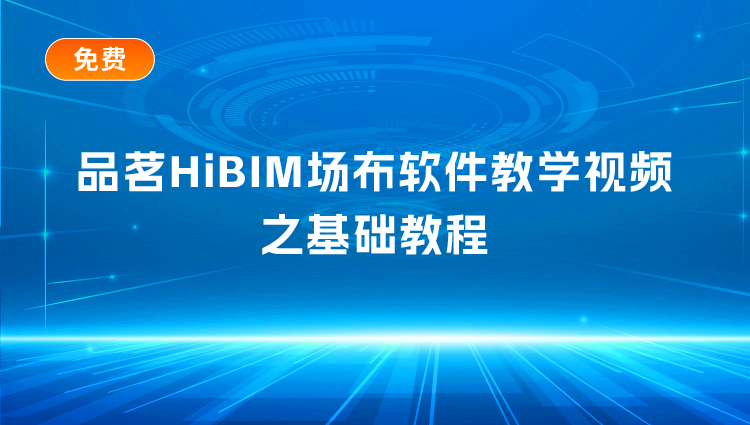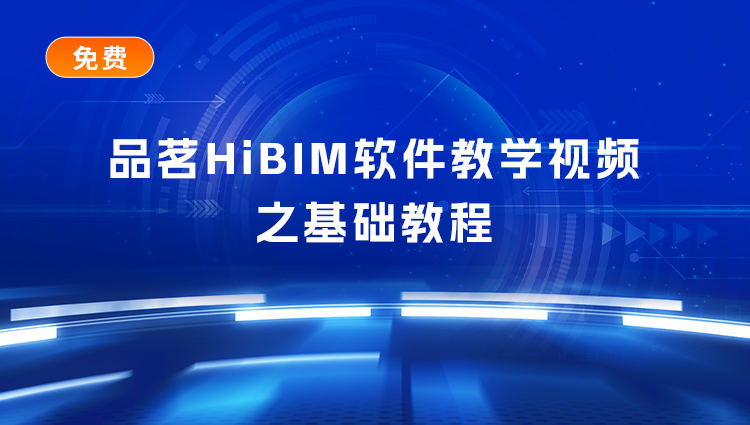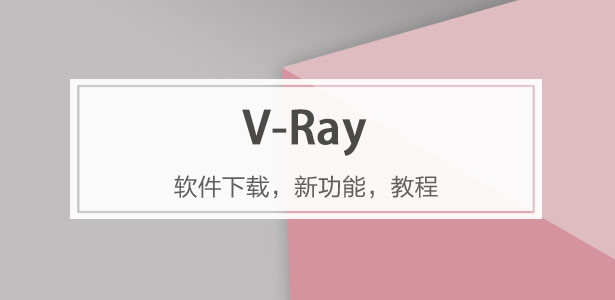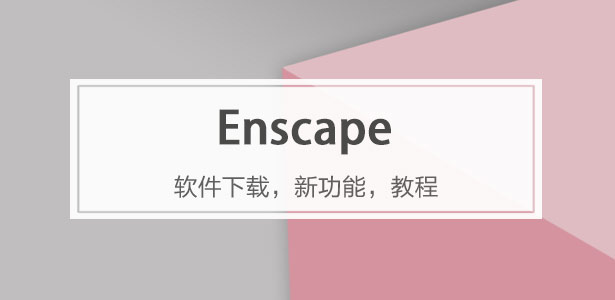
下載app免費領取會員





設計單位? ELEMENTAL
項目地址? 葡萄牙里斯本
建成時間? 2024年
建筑面積? 10950平方米
本文英文原文由ELEMENTAL提供,由有方編譯。
場所空間
PLACE
這個項目需要解決一個矛盾問題,即兩個相反的力量:一方面,它需要遵循總體規劃的要求,保持山丘與河流之間(南北方向)公共空間的連續性,因而建筑體量被分割為兩個線性體塊;另一方面,建筑又需要作為一個整體運作,因此這兩個線性體塊必須在東西方向上連接,但這又可能破壞公共空間在南北方向的連續性。
This project had to solve a kind of paradox, two forces pulling in opposite directions: on the one hand it had to comply with a Masterplan that required a continuity of the public space from the hills to the river (north-south direction) resulting in a splitting of the building’s mass into two linear volumes. On the other hand, the building had to be able to function as one single entity; so the 2 linear volumes had to be connected in the east-west direction, threatening the north-south continuity of the public space.




為了同時回應這兩種力量,我們將公共空間的地面折疊,通過輕微的坡度實現山丘與河流之間的連續性,并在折疊地面的最高點下方,將兩個線性體塊連接起來。
So, in order to respond to both forces simultaneously, we folded the ground of the public space with a slight slope that complied with the hill-river continuity and then connected the two linear volumes under the highest point of the folded ground.





這個人工坡地還解決了地塊的另一個問題:由于項目位于里斯本城市網格的第二排,朝向河流的視覺連續性更多停留在理論層面,而非現實層面。街對面的EDP總部大樓,雖然在總體體量上滿足了南北方向的連續性,但在行人視角上卻阻擋了人對河流的感知。因此,我們在坡地上架起一塊混凝土結構,向河流方向懸挑延伸,其高度足以越過相鄰建筑,人們便能獲得眺望塔霍河的清晰視野。
This artificial sloping ground offered the opportunity to solve another issue of the lot: being on the second row of Lisbon’s urban grid, the visual continuity towards the river was more theoretical than real. The building of EDP across the street, even though as a general massing complied with the north-south continuity, at the pedestrian level blocked any perception of the river. So, we laid a concrete piece that by resting on the slope, cantilevered towards the river, gaining enough height to be able to lean over the adjacent building, achieving a clear view of the Tajo.



位于建筑群核心的廣場完全向公眾開放。為保持這種開放性,建筑入口設在南側,既與廣場互動,又避免對其形成主導。底層的公共咖啡館也進一步增強了街區的公共性和社區氛圍。
The square at the core of the complex is exclusively public. To preserve this point, the access to the building is on the south front, participating but not dominating this public square.
A public Café at the ground also contributes to the civic character of the neighborhood.


可持續性與建筑氣質
SUSTAINABILITY & CHARACTER
本項目采用高效節能的建筑手法,同時也塑造恰當的建筑氣質。例如,地塊核心的公共廣場被設計得如同一塊雕刻的混凝土體量,既利用熱惰性材料提升了能效,又通過對樓層分界的消除賦予了建筑群一種厚重的紀念感。
The proposal considers architectural operations that are energetically efficient while contributing to setting the right character of the building. For example, the public square at the core of the lot was treated as if it was a carved concrete monolith to both ensure energetic thermal mass and provide a civic monumentality to the complex by erasing the notion of floor.


相較之下,建筑的側面立面采用了線性的深格柵系統,并設置內凹玻璃,這樣的設計能夠避免陽光直射,同時也清晰地表達出樓層的尺度,使辦公環境更親切、貼近人的尺度。
As opposite, on the peripheral facades, a rather deep grid of linear elements with recessed glass works as a sunshade system to avoid direct sun radiation, while expressing the scale of the different floors and thus providing domesticity to the working environment.






人文的功能主義
HUMANISTIC FUNCTIONALISM
項目的最終目標是為人們的工作創造更好的環境,同時這也是一次切實改善人們日常生活質量的機會。
Finally, the building’s ultimate purpose is to provide the right environment for people to work, as it is an opportunity to drastically improve people’s daily quality of life.
建筑內部空間布局,根據從傳統的獨立工位到開放的會議空間等不同需求,混合了個體與集體、正式與非正式的多樣使用方式。各類休閑空間等設施,距離平面上任意一點都不超過一層樓,以確保每個人都能平等便捷地使用。
The interior layout ranges from individual conventional desks to generous open meeting rooms, mixing both individual/collective and formal/informal uses of the spaces. Immediate amenities like lounges or leisure spaces are no more than 1 floor away from every point of the plan to ensure democratic access.




屋頂的健身房和底層的咖啡館,也共同體現了我們創造更加人文的(而非單一功能性的)未來辦公空間的目標。
The inclusion of a gym on the rooftop, and a Café on the ground floor, are also aimed at implementing this more humanistic (and not merely functional) vision of the office of the future.




設計圖紙 ▽


















完整項目信息
Architects: ELEMENTAL
Interior Design: ELEMENTAL
Team: Alejandro Aravena, Juan Cerda, Victor Oddó, Gonzalo Arteaga, Diego Torres, Tomás Palmares, Clémence Pybaro, Suyin Chia, Mara Cruz, Federica Tebaldi, Eva Iba?ez, Marta Ochoa, Simone Pio Scarano, André Barros, Valentina Rojas.
Local Architect: Carrilho da Gra?a arquitectos Lda - Jo?o Luís Carrilho da Gra?a, Jo?o Marques, Francisco Freire, Nuno Pinto, Marta Martins.
Engineering: AFA Consult - Rui Furtado, Pedro Pereira, Marco Carvalho, Mauro Monteiro, Paulo Silva, Raul Serafim, Maria da Luz Santiago, Rodrigo Castro.
Structural engineering: AFA Consult
Electrical engineering: AFA Consult
Mechanical engineering: AFA Consult
Energy efficiency: AFA Consult
Plumbing Engineering: AFA Consult
Construction Supervision: Pengest - Rui José, Sonia Vieira.
Client: EDP - Energias de Portugal
Site area: 3880 m2
Total floor area: 10950 m2 (building area) 13490 m2 (parking area)
Design phase: 2017-2018
Construction phase: 2020-2024
Materials: reinforced concrete, wood, steel, glass-fiber, glass
本文英文原文及圖片由ELEMENTAL授權有方發布,編譯版權歸有方空間所有。歡迎轉發,禁止以有方編輯版本轉載。
本文版權歸腿腿教學網及原創作者所有,未經授權,謝絕轉載。

上一篇:政策新聞 | 遂昌縣“縣城-中心鎮-重點村”發展軸空間專項規劃公示
下一篇:政策新聞 | 燃氣安全進住宅小區:安全宣講與安全服務并行






推薦專題
- 建筑賞析|特殊情況,特殊建筑。
- 建筑賞析|游走在兩個不同性格的車庫之間-ROCK&RIDE北京三里屯太古里店
- BIM建筑|亞歷杭德羅新作:里斯本EDP總部大樓,人文的功能主義
- BIM建筑|無錫量子感知產業園(一期、二期) / UDG聯創大家建筑工作室
- 建筑賞析|生態融合自由互聯——上海道生天合餐廳&書吧
- 建筑賞析|水上飄來“星光滑梯”!解鎖成都神秘島嶼的隱藏玩法
- BIM建筑|BIG最新施工現場:140米光伏屋頂順利封頂
- BIM建筑|建筑營新作:耒宿
- BIM建筑|充氣膜+集裝箱:“云稻這里來”農文旅片區 / 猜一建筑+Increments Studio
- BIM建筑|零壹城市新作:衢州第六實驗學校



































